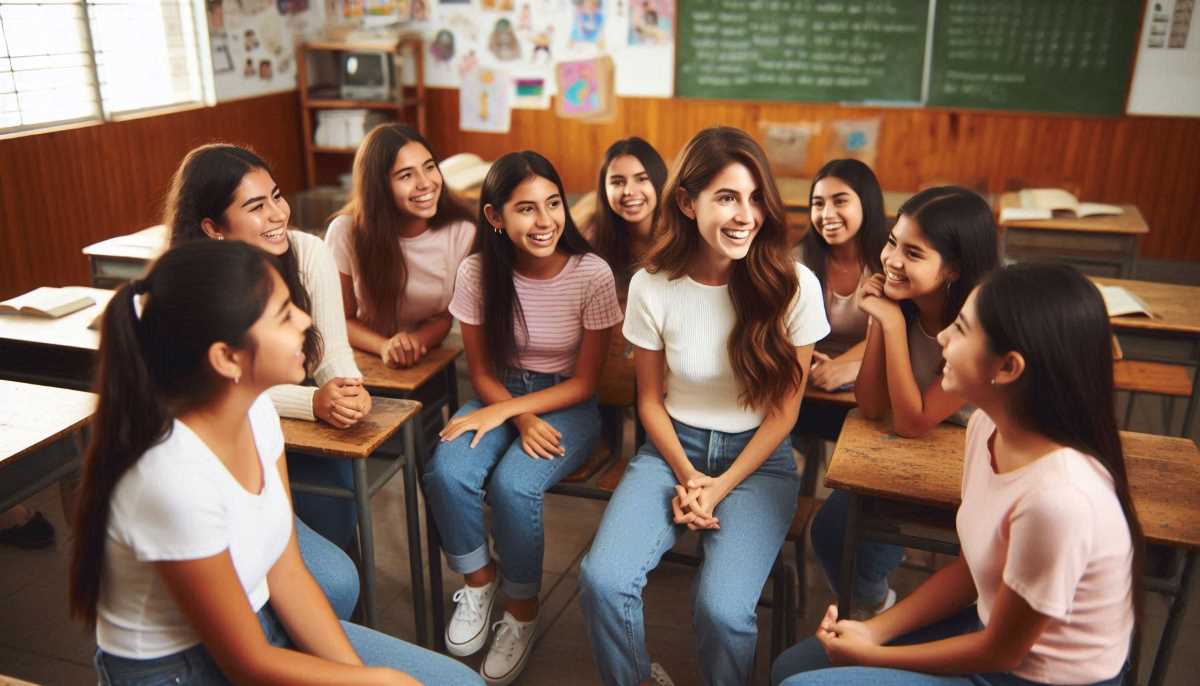The Pervasive Problem of Early Pregnancy in Mexico
Early pregnancy is a widespread issue in Mexico, particularly affecting indigenous and impoverished girls. The consequences are severe: school dropout, poverty, and social isolation.

The occurrence of early pregnancies is not exclusive to one state or one locality in Mexico, it is a phenomenon that occupies the first places in the national territory, said the researcher of the Peninsular Center for Humanities and Social Sciences of the UNAM, Amada Rubio Herrera.
For example, every year in Mexico more than 10 thousand are reported in minors under 15 years of age, which, almost always, are related to some type of violence. It is a fact for which there are different explanations, "not only economic and social, but also cultural such as forced marriages, early unions, traditions and customs, among other aspects," explained the doctor in anthropology.




